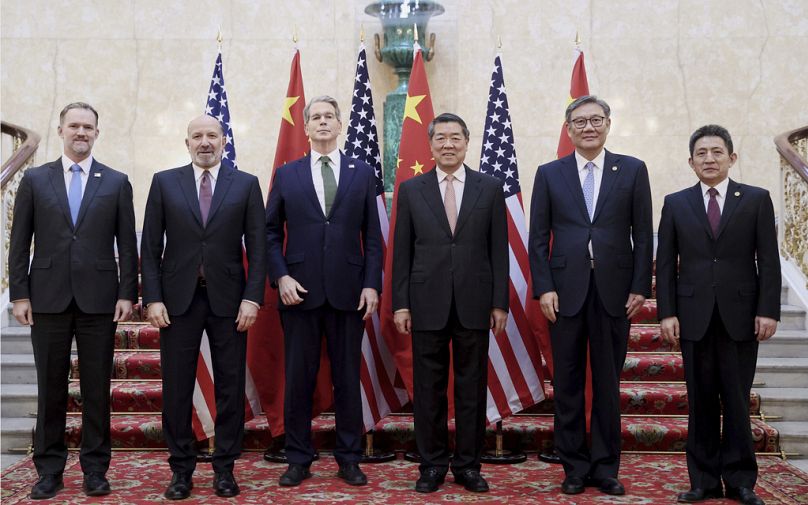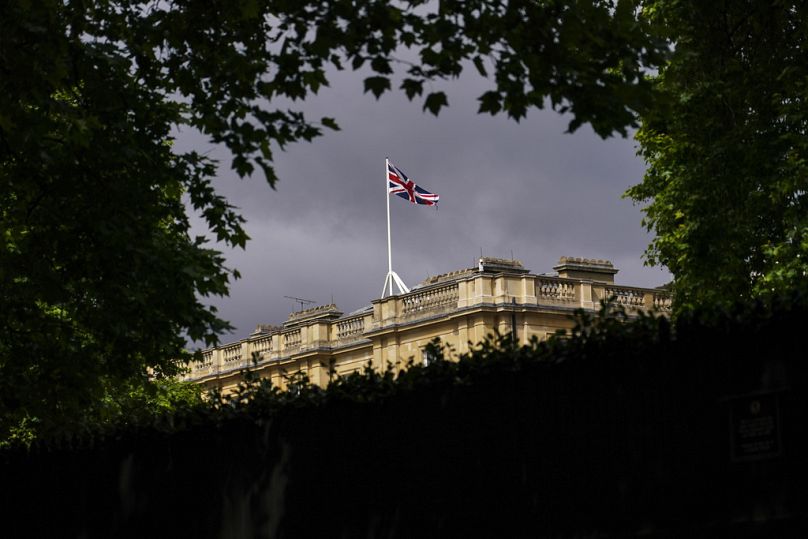The United States and China have agreed in principle on a framework to implement a deal they reached to resolve their trade disputes last month, according to Chinese state media.
The announcement came after the conclusion of two days of discussions in London on Tuesday.
The agreement was disrupted by a number of disputes in the weeks that followed, leading to a phone call last week between US President Donald Trump and his Chinese counterpart Xi Jinping, aimed at easing tensions.
Li Chenggang, who serves as a vice minister of commerce and represents China in international trade, stated that both parties have reached a preliminary agreement on a framework to execute the deal established between the two leaders, as well as during discussions held in May in Geneva.

Further details, including plans for a potential next round of talks, were not immediately available.
Li and Wang Wentao, China’s commerce minister, were part of the delegation led by Vice Premier He Lifeng. They met with US Commerce Secretary Howard Lutnick, Treasury Secretary Scott Bessent and Trade Representative Jamieson Greer at Lancaster House, a 200-year-old mansion near Buckingham Palace.
Lutnick said as he arrived on Tuesday morning that the talks were "going well," and he expected them to continue all day.
The two parties aimed to capitalise on discussions held in Geneva last month, which resulted in a 90-day pause on the majority of tariffs levied against one another which exceeded 100% during a growing trade conflict that had raised concerns about a potential recession.

Since the Geneva talks, Washington and Beijing have engaged in heated exchanges regarding advanced semiconductors that power artificial intelligence, the issuance of visas for Chinese students attending US universities, and rare earth minerals vital for carmakers and various other sectors.
Last week, Trump and Jinping held a lengthy phone call in a bid to restore relations. The call was later followed by an announcement that trade discussions would resume in London.
China, the largest producer of rare earths globally, has indicated a potential relaxation of the export restrictions imposed on these materials in April, causing concern among automakers worldwide who depend on them.
In response, Beijing urged Washington to lift restrictions on China’s access to the technology necessary for the production of advanced semiconductors.
Trump said that he wants to “open up China,” the world’s largest producer of goods, to US products.
“If we don’t open up China, maybe we won’t do anything,” Trump said at the White House. “But we want to open up China.”







